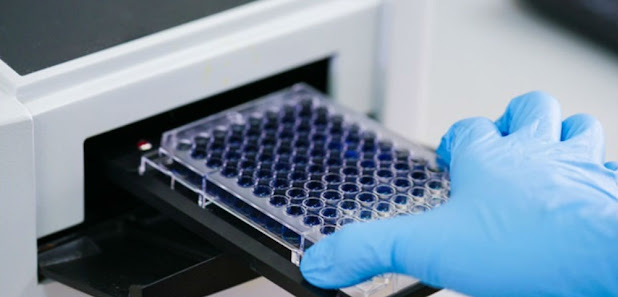How Enzyme-Linked Immunosorbent Assay (ELISA) is Aiding in Diagnosis of Various Infectious Diseases?
Enzyme-linked immunosorbent assay (ELISA, EIA) is a reliable method of assessing the levels of immunoglobulin antigens in samples. The immunoglobulin antigens, which are immunogold complexes bound to IgG. They are detected by their binding to specific probes used in various enzyme assays. Based on these binding assays, EIA and competitive ELISA methods are used for the measurement of immunoglobulin antigens in various biological samples. Direct ELISA and sandwich ELISA are other methods of immunometric, each with different sensitivity and selectivity measures.
ELISA uses competitive radio frequency light for generating a selective optical signal for a protein or liposome binding to detect the presence of the target antigen. The binding of the target antigen is monitored by the absence or presence of specific inhibitors of the immune system's first line of defense, lymphocytes. Based on this signal, competitive ELISA is used for the detection of allergic reactions, tumor cells, infectious mononucleosis, multiple sclerosis, and cancer cells.
The use of an enzyme-linked immunoassay has enabled pharmaceutical and biotechnology companies to determine the activity of enzymes in a variety of biological processes and on various types of tissues. The most common type of enzyme-linked immunoassays is the sandwich immunopathosis assay. This simple and inexpensive test is ideal for analyzing a variety of proteins in cells and tissues. One of the most widely used sandwich assays is the mouse monoclonal antibodies probe (MRA). The monoclonal antibodies are labeled with a fluorescent marker which simultaneously traps the antibody and microplate wells containing antigens. This procedure is highly sensitive and specific and is used for the detection of a range of inflammatory diseases in humans and animals. Research and development activities continue on enzyme-linked immunosorbent assay (ELISA) in various countries including Singapore, Italy, and the U.S. Many researchers are exploring the use of ELISA in rapid diagnosis of COVID-19.


Comments
Post a Comment